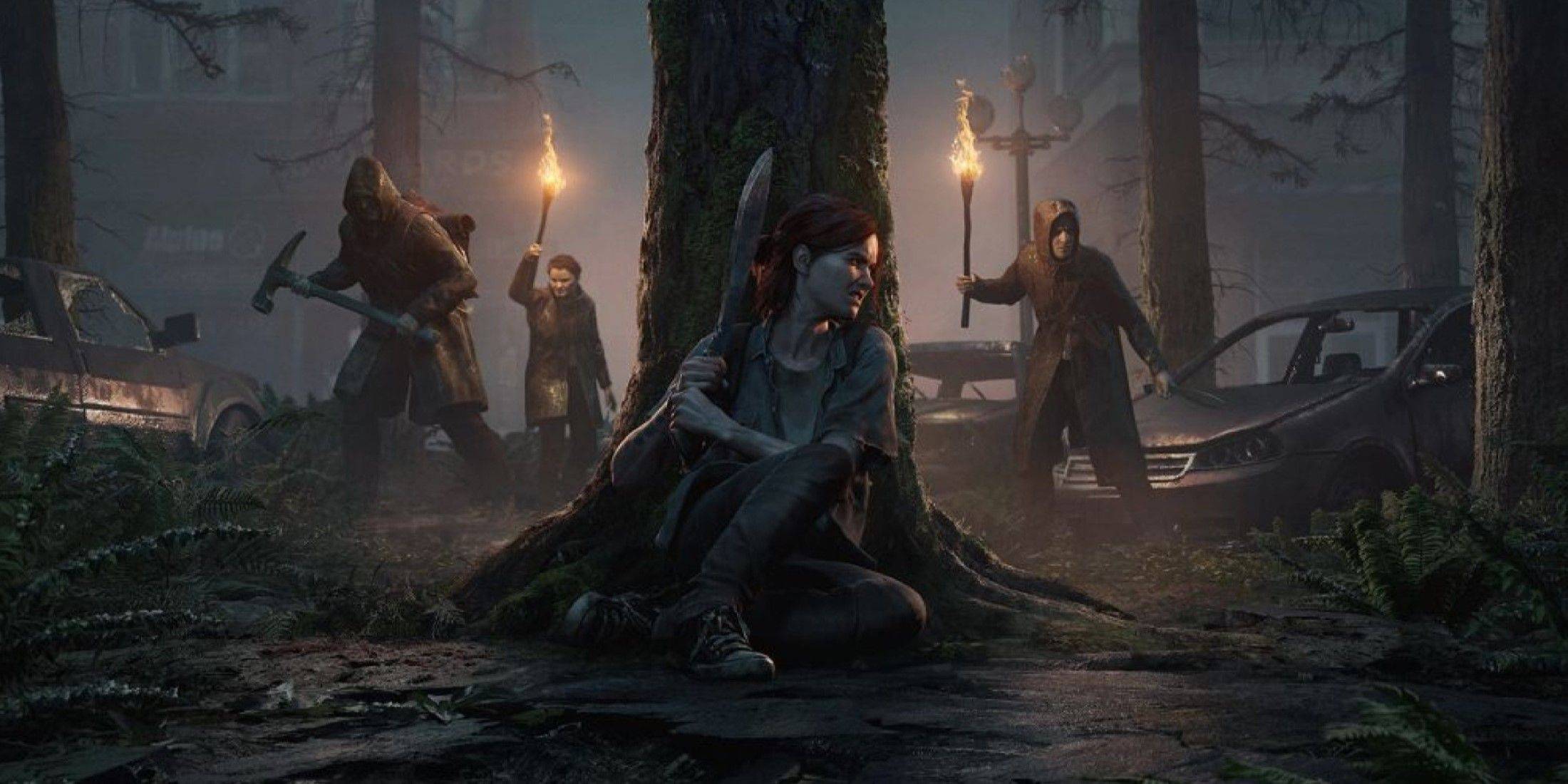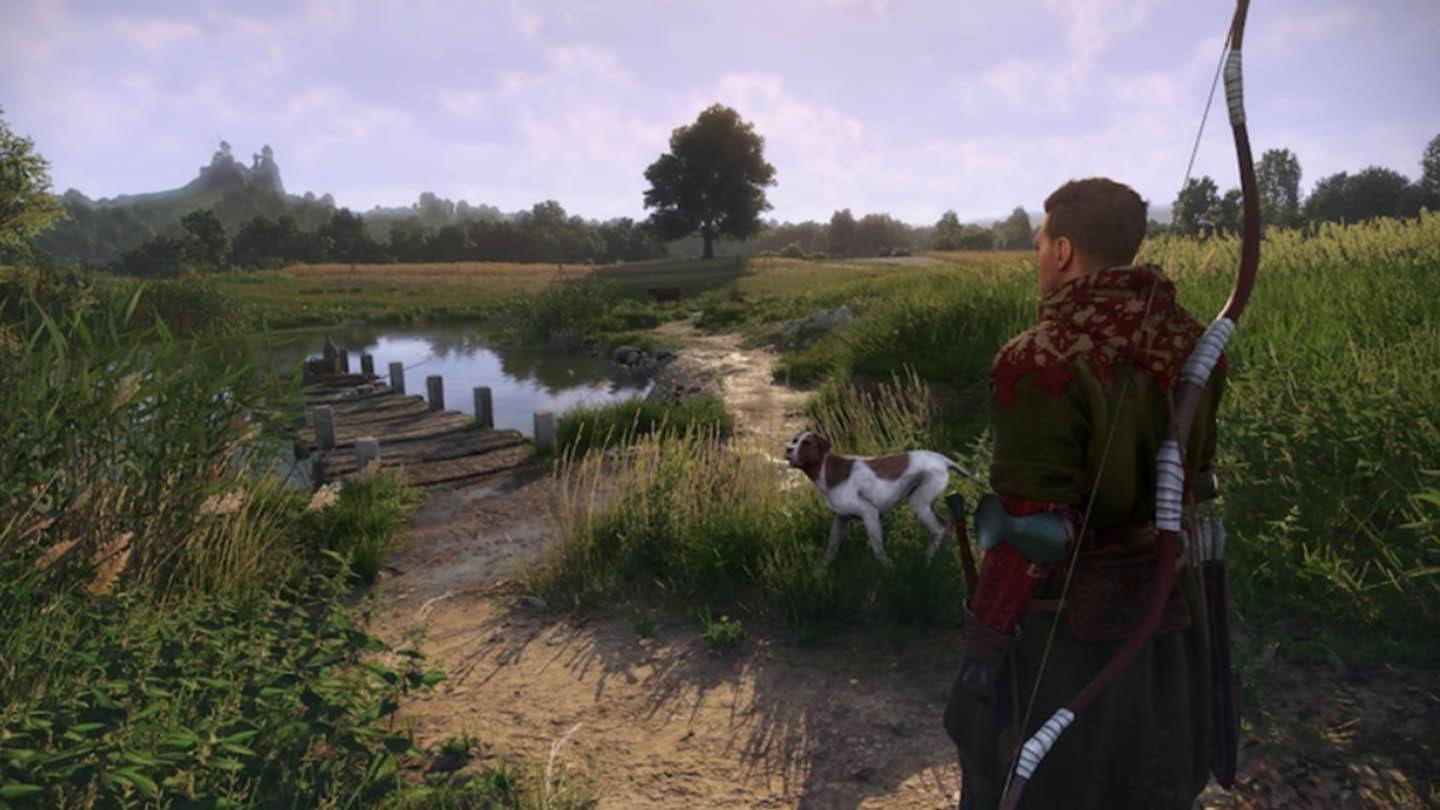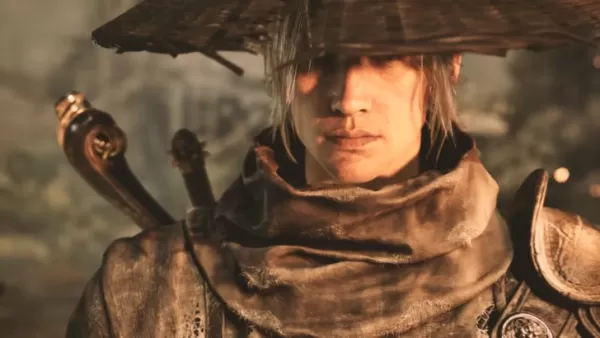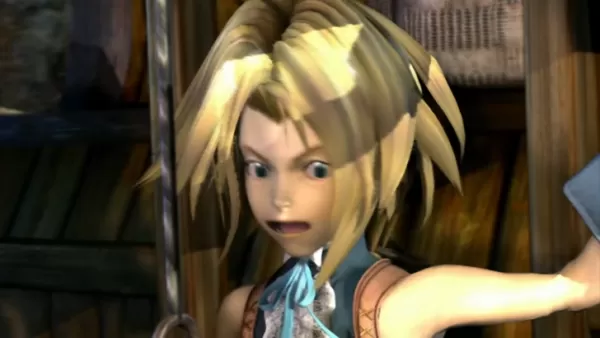"Wonder Woman's Future Uncertain After 5 Years of Cancellations"
- By Madison
- May 22,2025
2025 marks a significant milestone for DC, with James Gunn’s Superman film set to kick off the new DCU in theaters. Alongside this, DC Studios is busy with a variety of film and television projects, and the Absolute Universe in comics is making major strides in the publishing world. Despite the buzz surrounding this new era of DC media, a pressing question remains unanswered: What’s happening with Wonder Woman? Created by William Moulton Marston and H. G. Peter, she is one of the most iconic superheroes and a cornerstone of the DC universe, yet her presence in recent franchise media has been surprisingly minimal.
Outside the realm of comics, Diana of Themyscira has faced challenges in recent years. Her live-action film series fizzled out following the mixed reception of Wonder Woman 1984. She's notably absent from the current DCU lineup, with Gunn and his team choosing to focus on a series about the Amazons instead. Additionally, Diana has never had her own dedicated animated series, and her anticipated solo video game, announced in 2021, was cancelled. Given these setbacks, it's crucial to examine how Warner Bros. and DC are handling the representation of one of the most iconic female superheroes of all time.
One Hit Wonder
During the peak of competition between the Marvel Cinematic Universe and the DCEU in the late 2010s, the first Wonder Woman film emerged as a standout success for the latter. Released in 2017, it garnered largely positive reviews and grossed over $800 million worldwide. After the polarizing receptions of Batman v Superman and Suicide Squad, Patty Jenkins’ vision of Diana resonated deeply with audiences, despite some third act problems and Gal Gadot's performance focusing more on action and poise than character depth. This success should have heralded a thriving franchise, but that wasn't the case with the sequel.
The follow-up, Wonder Woman 1984, released in 2020, was a significant disappointment compared to its predecessor. It divided critics and failed to recoup its budget due to a simultaneous release on HBO Max and in theaters during the height of the COVID-19 pandemic. The film's narrative issues, tonal inconsistencies, and controversial elements, such as Diana having sex with Chris Pine’s Steve Trevor while he was inhabiting another man’s body, further alienated audiences. Despite these shortcomings, a third film was phased out of development, leaving Wonder Woman without a new cinematic project. This is particularly disappointing given the frequent reboots and relaunches enjoyed by characters like Batman and Spider-Man.
Diana Prince, Missing in Action
With the launch of the new DCU, one would expect Wonder Woman to be a focal point. However, the initial slate, titled Chapter One: Gods and Monsters, does not include a dedicated Wonder Woman project. Instead, DC Studios head James Gunn and producing partner Peter Safran have prioritized lesser-known properties like Creature Commandos, Swamp Thing, Booster Gold, and The Authority, alongside new iterations of Superman, Batman, and Green Lantern. While there's value in exploring niche IPs, the absence of Wonder Woman is glaring.
DC Universe: Every Upcoming Movie and TV Show
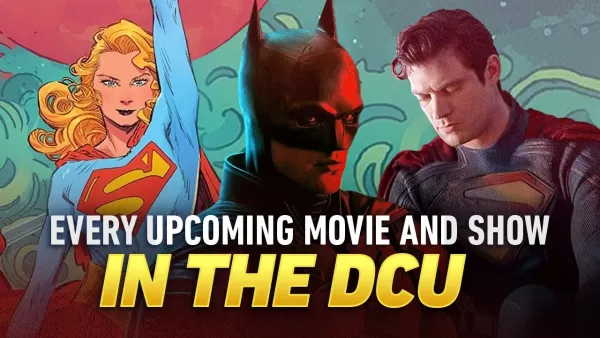
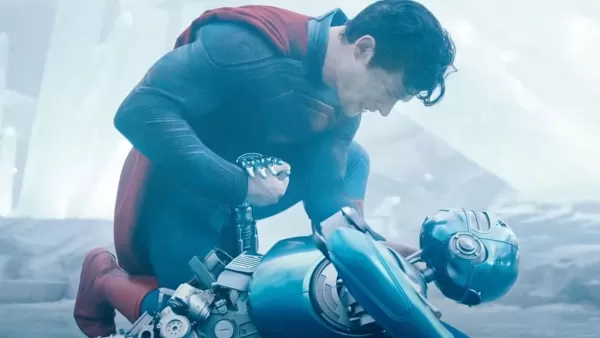 View 39 Images
View 39 Images
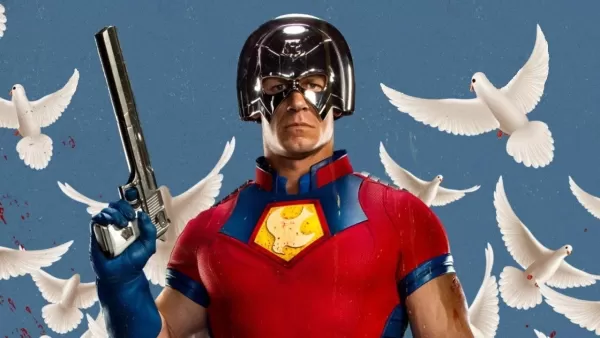
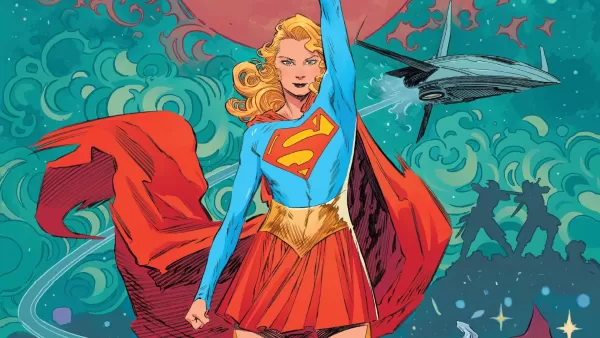
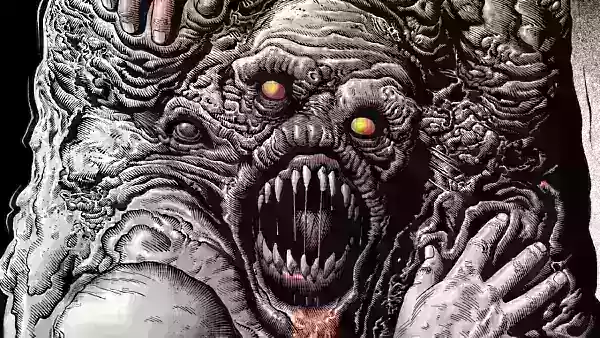
The DCU has announced Paradise Lost, a series focused on the Amazons of Themiscyra set before Wonder Woman’s birth. While exploring the Amazons and enriching Wonder Woman’s mythology is commendable, creating a show within her franchise without her presence evokes Sony Marvel Universe vibes. It raises questions about why DC Studios doesn't view Diana as the main attraction compared to her world-building elements. The rush to launch a new Batman project, potentially leading to two concurrent live-action Batman franchises, further highlights the disparity in treatment.
This pattern of sidelining Wonder Woman is not new. In the DC Animated Universe of the '90s and early 2000s, she was a key figure in Justice League and Justice League Unlimited but never received her own solo animated series, unlike Batman and Superman. Even in DC Universe direct-to-video animated films, she has only starred in two: Wonder Woman (2009) and Wonder Woman: Bloodlines (2019). Given the surge in superhero popularity, it's perplexing why a dedicated Wonder Woman project remains elusive.
AnswerSee ResultsLet Me Play as Wonder Woman, Dammit
The cancellation of the Wonder Woman game developed by Monolith Productions adds to the frustration. Whether the poor performance of other DC games like Suicide Squad: Kill the Justice League and MultiVersus contributed to this decision is unclear, but the fact remains that this would have been Diana’s first leading role in a video game. With character action games experiencing a resurgence, a game featuring Diana, akin to God of War or Ninja Gaiden, feels like a missed opportunity.
While Diana has appeared in games like the Injustice series, Mortal Kombat vs. DC Universe, and various LEGO DC titles, these roles do not compensate for the lack of a AAA action game centered around her. The absence of follow-up games to the successful Batman Arkham series, particularly for Wonder Woman, Superman, and the Justice League, represents a significant missed opportunity for revenue. The fact that Diana's first appearance in the Arkham timeline in Suicide Squad: Kill the Justice League results in her being killed off as a non-playable character, while male Justice League members survive as evil clones, only adds insult to injury.
The overall lack of representation across films, cartoons, and video games underscores a concerning lack of respect from Warner Bros. and DC for one of their most iconic characters. If they undervalue the third most significant hero in their roster, it casts doubt on their regard for the broader DC universe. As Gunn’s Superman reboot aims to steer the franchise in a new direction, it's imperative that Warner Bros. recognizes the value Diana Prince brings to their universe. After nearly a century, she and her fans deserve more.
Latest News
more >-
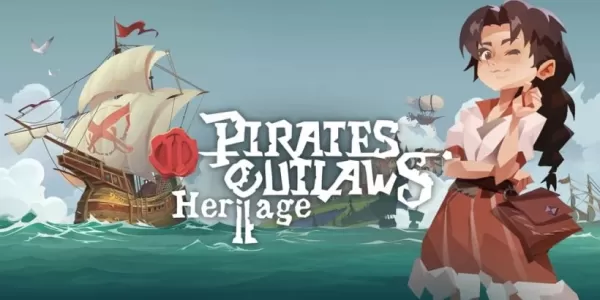
-
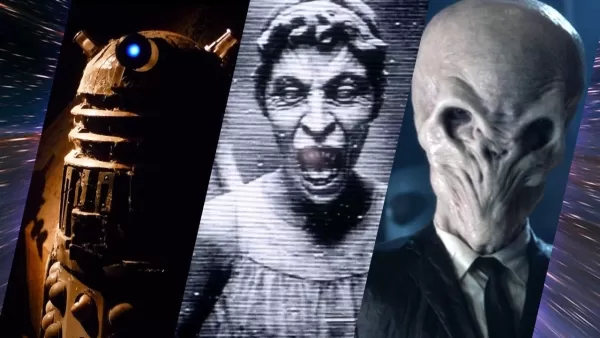
- Best Doctor Who Monsters of the Modern Era
- Dec 17,2025
-
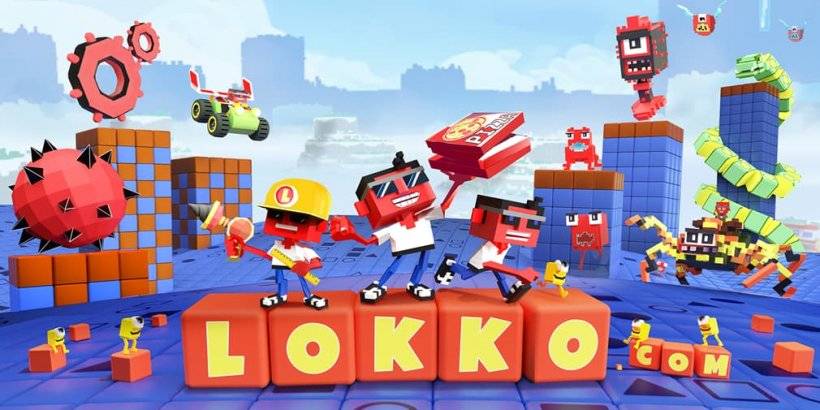
-
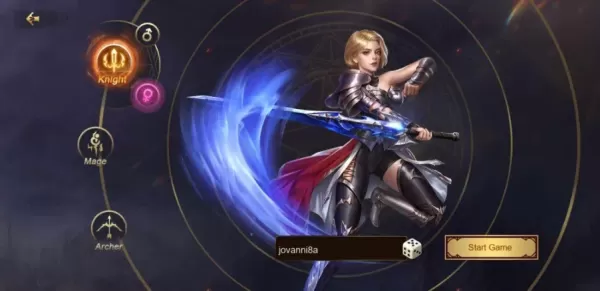
- Wartune Ultra: A Starter Fantasy Strategy Guide
- Dec 17,2025
-
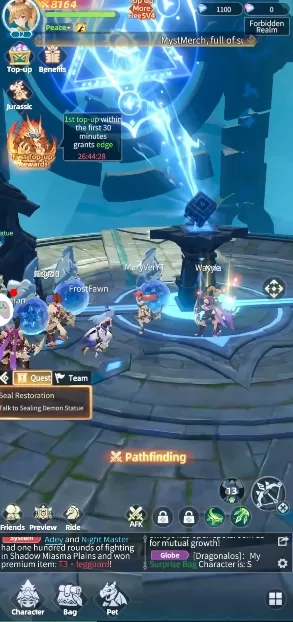
- Windrider Origins Raid: Top Tactics for Victory
- Dec 16,2025
